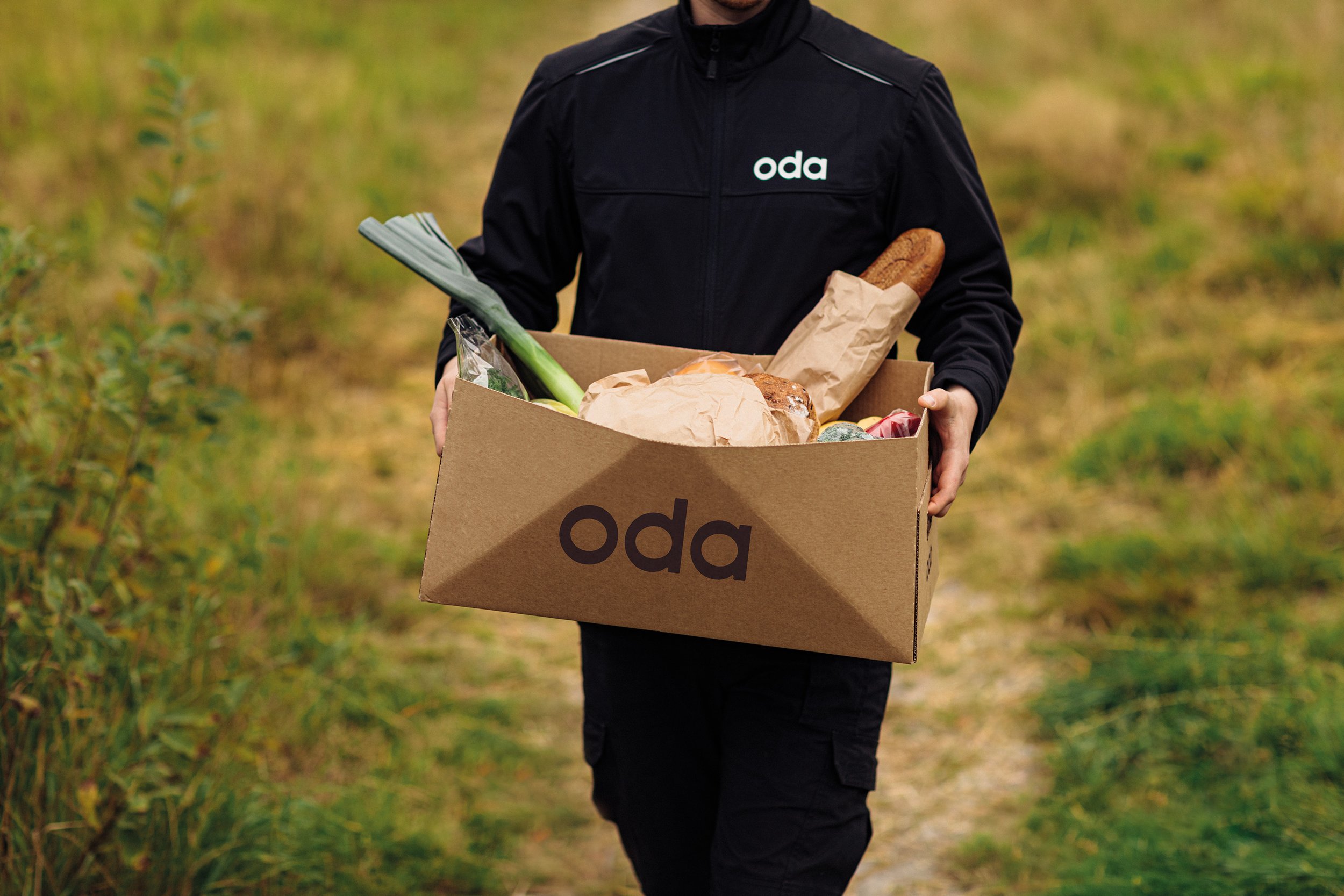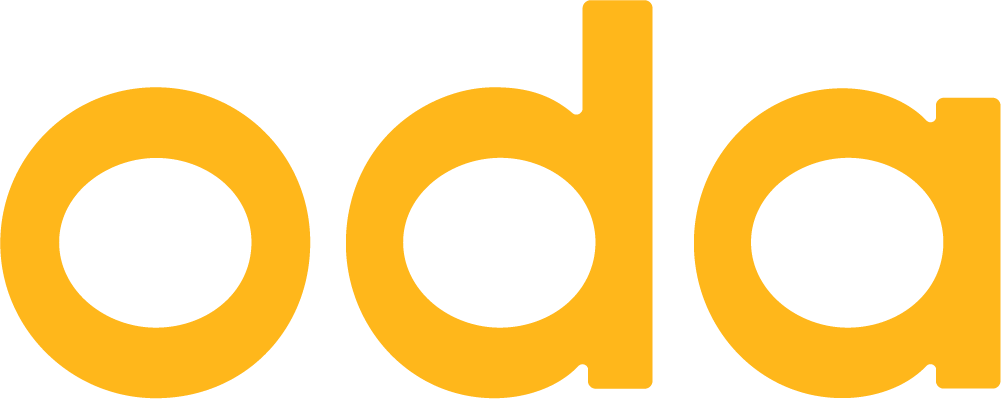
Requirements and follow-up of our suppliers
At Oda, we recognize the responsibility and opportunity we have to positively influence our suppliers. We work hard to ensure that the products we sell come from ethically responsible production. This is an integral part of our sustainability strategy. We have set a number of requirements to ourselves and our suppliers and work actively with supplier evaluations and follow-up.
Requirements to ourselves and our suppliers
Requirements to ourselves
We cannot demand that our suppliers follow stricter guidelines for responsible business practices than we uphold ourselves. We therefore make a number of requirements to our own conduct, outlined in our internal code of conduct.
Supplier requirements
We recognize that we have an important influencing role towards our suppliers, and therefore have clear requirements for our suppliers relating to human and worker rights, the environmental impact of their activities and animal welfare. These requirements are outlined in our Supplier Code of Conduct
Whistle blower channel
It’s vital for us to detect situations where our code of conducts are not followed up. We therefore have a separate channel where for instance internal employees, suppliers and others can report breaches to our code of conducts. Cases reported here will be reviewed by a third party and treated anonymously
In addition to setting requirements through our supplier contracts, we have our own internal systems where we gather information relating to working conditions and environmental work at suppliers. It is ongoing work to ensure that all our suppliers are completely entered into this system and that the information is up-to-date.
This information is used, among other things, in risk assessments as well as the selection of suppliers and follow-up. We focus our efforts where the risk is greatest and implement measures that reflect the challenges we face in each individual case. In order to be able to prioritize risks that should be followed up, we make an assessment of severity, likelihood, scope and degree of Oda's involvement. To inform this risk assessment, we are now also working on integrating information from a number of recognized external sources such as EDPI Environmental performance indicator, CSR Risk Checker, World Bank Worldwide Governance Indicators, Transparency International Corruption Perception Index.
We work to ensure that we carry out due diligence assessments annually in accordance with the OECD's model for due diligence assessments for responsible business. This means that we must identify, prioritize, prevent and deal with negative effects on people, society and the environment in our value chains, whether they occur directly in our own businesses or indirectly through our collaboration with suppliers. We also provide further insight into this work to anyone who requests this.
Exemplary initiatives
Follow-up of transport suppliers
Most of Oda’s transportation is conducted by our own directly hired employees (80%). Nonetheless, as a large technology and logistics company, we also use some services from third party transport companies. In this connection, we have an important responsibility to follow up the conditions of these subcontractors. At Oda, we have set up a number of routines to work to ensure decent working conditions at our carriers. It is of course difficult to completely eliminate all risks, but we work continuously to improve these routines and follow up on the most important risks through both close weekly dialogue with suppliers and regular internal audits.
We carry out internal audits twice a year where we ensure that the suppliers follow our contractual guidelines to, among other things, overtime, payment of tax, HSE etc. In these audits we request a lot of information and documentation related to the requirements, as well as interviews with employees at the various subcontractors. We follow up any deviations from our guidelines in our internal system for supplier follow-up. Contracts with companies that do not follow up on deviations within a reasonable time are terminated.
Breech of the Norwegian Animal Welfare Program
Animal welfare is incredibly important to us at Oda, and when our suppliers receive criticism for their practices, we engaged in close dialogue. An example of this was the criticism Ytterøy chicken received from the Norwegian Food Safety Authority relating to the slaughter method and area usage per chicken. The criticism made us enter dialogue and has resulted in concrete plans for improvement, but it also led to Ytterøy now taking extra steps to become one of the leading producers when it comes to animal welfare. Among other things, they are now testing the breeding of slow-growing chicken and have plans to switch completely to this type of chicken by 2024. They also have plans to switch to the ambitious ECC standard when they open a new factory in 2024. With this, Ytterøy will become chicken among the first in Norway to introduce the ECC standard in their operation.




